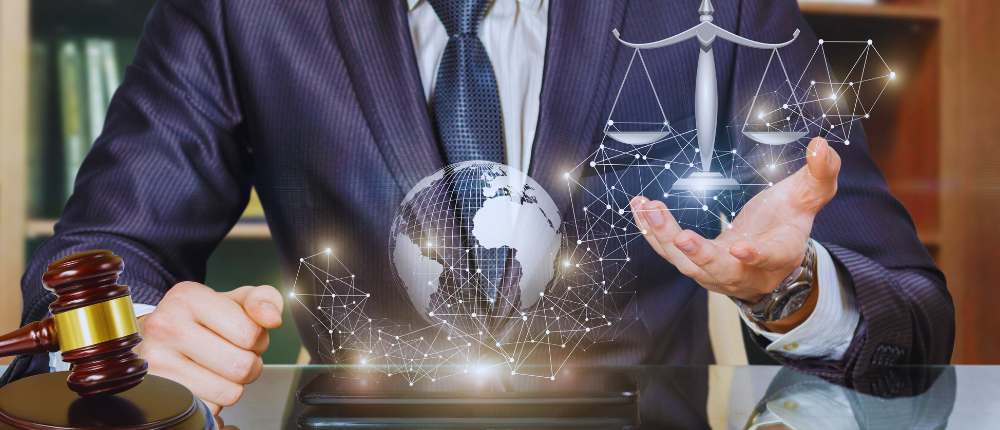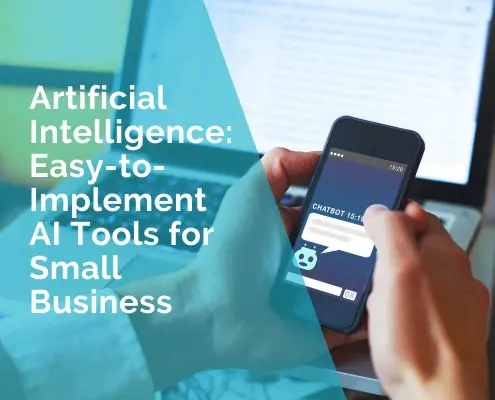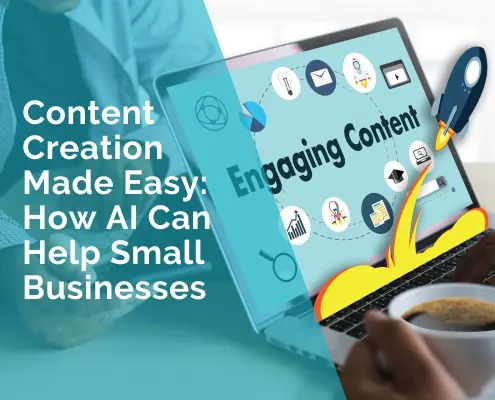Legal Implications of Using AI Content
Generative AI produces AI content in response to inputted stimuli.
Large language models like Chat GPT produce word outputs, and diffusion models like Midjourney produce image outputs (“AI Content”). The ability to generate large blocks of text about a topic can save lots of time in digital marketing and sourcing tailored images or logos can circumvent costly design fees.
However, using AI Content in the course of business creates risks that may outweigh the commercial benefit.
Legal issues may arise from inaccurate outputs and copyright, although Google has publicly pledged to indemnify users for copyright infringement. Despite this, liability for misuse of generative AI is subject to the terms and conditions of each generative AI provider.
This article will consider the relevant law alongside the terms and conditions of Google Gemini and OpenAI ChatGPT to gauge potential legal consequences of using AI Content.
Accuracy of AI content
ChatGPT Terms of Use has an Accuracy clause which states that from time to time outputs will not accurately reflect real people, places, or facts. The Accuracy clause contains specific disclaimers which attempt to place the onus on users to evaluate the accuracy of AI Content by human review. The clause also says that users must not rely on AI Content to make decisions that can legally or materially impact people.
Both the Open AI ChatGPT Accuracy clause and Google Gemini Generative AI Additional Terms of Service Disclaimers clause have specific disclaimers which assert that AI Content does not substitute professional advice and can provide inaccurate or offensive content.
In these clauses, both Open AI and Google attempt to disclaim liability for any inaccuracies in AI Content.
We recommend that businesses adhere to these disclaimers by ensuring any AI Content undergoes human review before publication. This is imperative especially if your business provides a professional service.
Neglecting to do so may attract legal disputes under Australian Consumer Law for misleading or deceptive conduct, breach of guarantees as to acceptable quality and fitness for purpose of goods and breach of guarantees for due care and skill and fitness for purpose of services.
Negligence claims are also a risk and so is punishment by the relevant professional standards authorities.
Ownership of OpenAI ChatGPT inputs and outputs
Open AI ChatGPT Terms of Use has an Ownership of Content clause which assigns all right, title and interest in AI Content to the user. The Ownership of Content clause also notes that ownership rights in inputted content is retained by the user. These clauses do not protect you or permit you to infringe on the copyright of third parties.
Internationally, there are over twenty copyright lawsuits occurring against AI companies. Within many of these lawsuits, the question of whether copyright subsists within third party data used to train large language models remains unanswered. The merits of some of these cases, such as The New York Times Company V. Microsoft Corporation, OpenAI Inc complaint, suggest that the copyright of training data may subsist in AI generated outputs. This is especially in the context of Australia’s limited “fair dealing” exceptions.
Hence, businesses should conduct the necessary searches to ensure any AI Content they publish does not infringe on third party copyrighted material, especially of news companies. These searches can be easier using AI tools like Perplexity, which cites where information is retrieved from.
Ownership of Google Gemini inputs
Google Terms of Service Permission to Use Your Content clause contains a License which permits Google to save and use content that users input into Gemini. The license allows Google to save, distribute and modify inputs. Google is also permitted to sublicense your intellectual rights to other users and, in some circumstances, Google’s contractors.
In light of the License, businesses should refrain from inputting content into Google Gemini that is confidential, commercially valuable, the personal information of yourself or your clients or content that may bring your business or other entities into disrepute. Do not forget that Generative AI tools are third parties, not some all-powerful fountain of knowledge and creation. The risk of data breaches is real.
Liability
In a public statement., Google Gemini announced it will indemnify users challenged on copyright grounds for their publication of AI generated outputs.
In contrast, OpenAI ChatGPT Terms of Use contain severe clauses on Limitation of Liability and Indemnity that attempt to place all liability on the user.
Considering the difference in approach to liability, businesses may consider opting to use Google Gemini to minimise liability for accidental copyright infringement.
Final thoughts
Despite Google’s indemnity policy, significant caution is necessary. As previously stated, businesses should conduct a human review before publishing AI generated content, as well as refrain from inputting any confidential or commercially valuable content, personal information or content which should not be publicised for any other reason. Possible causes of action for irresponsible use of AI Content included negligence, professional misconduct, misleading or deceptive conduct and breach of goods and services guarantees under the Australian Consumer Law.
AI Content creates interesting commercial opportunities for businesses, but caution is necessary, especially in an uncertain but rapidly emerging regulatory framework.
Like Google and OpenAI, we have our own disclaimer: this article is not intended to give legal advice and it is not a substitute for doing your own research. The Terms of Use of AI Companies are changing all the time, and so are the laws regulating AI – this article may well become out of date.
***
Author: Gianluca Pecora










